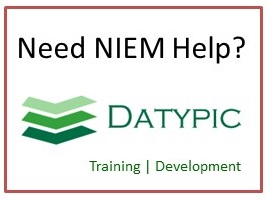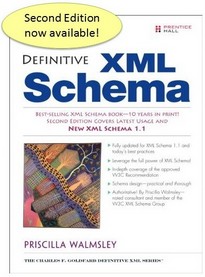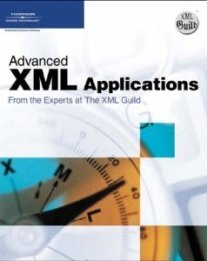gml:referenceFrame
Element information
Namespace: http://www.opengis.net/gml/3.2
Schema document: external/ogc/gml/3.2.1/temporalReferenceSystems.xsd
Type: gml:TimeCalendarEraPropertyType
Properties: Local, Qualified
Content
- gml:TimeCalendarEra [0..1]gml:TimeCalendarEra inherits basic properties from gml:DefinitionType and has the following additional properties: - gml:referenceEvent is the name or description of a mythical or historic event which fixes the position of the base scale of the calendar era. This is given as text or using a link to description held elsewhere. - gml:referenceDate specifies the date of the referenceEvent expressed as a date in the given calendar. In most calendars, this date is the origin (i.e., the first day) of the scale, but this is not always true. - gml:julianReference specifies the Julian date that corresponds to the reference date. The Julian day number is an integer value; the Julian date is a decimal value that allows greater resolution. Transforming calendar dates to and from Julian dates provides a relatively simple basis for transforming dates from one calendar to another. - gml:epochOfUse is the period for which the calendar era was used as a basis for dating.
Attributes
| Name | Occ | Type | Description | Notes |
|---|---|---|---|---|
| owns | [0..1] | xsd:boolean | Default value is "false". from group gml:OwnershipAttributeGroup | |
| xlink:type | [0..1] | xsd:string | Fixed value is "simple". from group xlink:simpleLink | |
| xlink:href | [0..1] | xsd:anyURI | from group xlink:simpleLink | |
| xlink:role | [0..1] | xsd:anyURI | from group xlink:simpleLink | |
| xlink:arcrole | [0..1] | xsd:anyURI | from group xlink:simpleLink | |
| xlink:title | [0..1] | xsd:string | from group xlink:simpleLink | |
| xlink:show | [0..1] | Anonymous | The 'show' attribute is used to communicate the desired presentation of the ending resource on traversal from the starting resource; it's value should be treated as follows: new - load ending resource in a new window, frame, pane, or other presentation context replace - load the resource in the same window, frame, pane, or other presentation context embed - load ending resource in place of the presentation of the starting resource other - behavior is unconstrained; examine other markup in the link for hints none - behavior is unconstrained | from group xlink:simpleLink |
| xlink:actuate | [0..1] | Anonymous | The 'actuate' attribute is used to communicate the desired timing of traversal from the starting resource to the ending resource; it's value should be treated as follows: onLoad - traverse to the ending resource immediately on loading the starting resource onRequest - traverse from the starting resource to the ending resource only on a post-loading event triggered for this purpose other - behavior is unconstrained; examine other markup in link for hints none - behavior is unconstrained | from group xlink:simpleLink |
| nilReason | [0..1] | gml:NilReasonType | from group gml:AssociationAttributeGroup | |
| gml:remoteSchema | [0..1] | xsd:anyURI | from group gml:AssociationAttributeGroup |
Used in
- Type gml:TimeCalendarType (Element gml:TimeCalendar)
Sample instance
<gml:referenceFrame> <gml:TimeCalendarEra gml:id="ID"> <gml:metaDataProperty> <gml:GenericMetaData>Any text, intermingled with: <!--any element--> </gml:GenericMetaData> </gml:metaDataProperty> <gml:description>string</gml:description> <gml:descriptionReference/> <gml:identifier codeSpace="http://www.example.com/">string</gml:identifier> <gml:name>string</gml:name> <gml:remarks>string</gml:remarks> <gml:referenceEvent>string</gml:referenceEvent> <gml:referenceDate>2000-01-01</gml:referenceDate> <gml:julianReference>1.0</gml:julianReference> <gml:epochOfUse> <gml:TimePeriod gml:id="ID">... </gml:TimePeriod> </gml:epochOfUse> </gml:TimeCalendarEra> </gml:referenceFrame>



